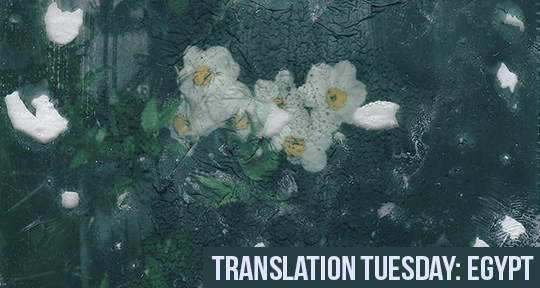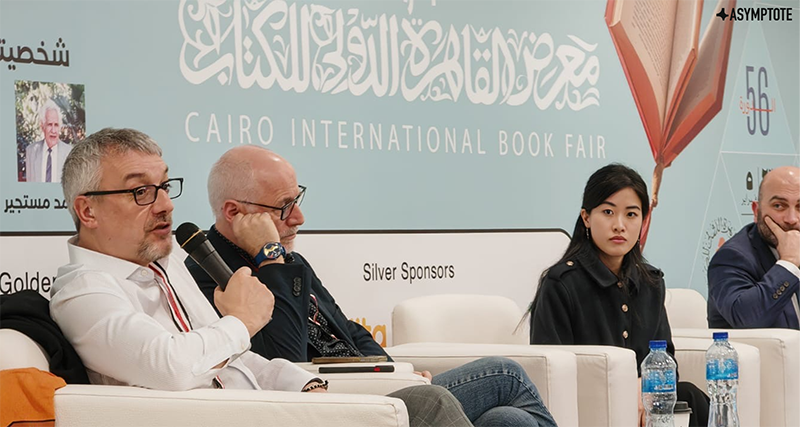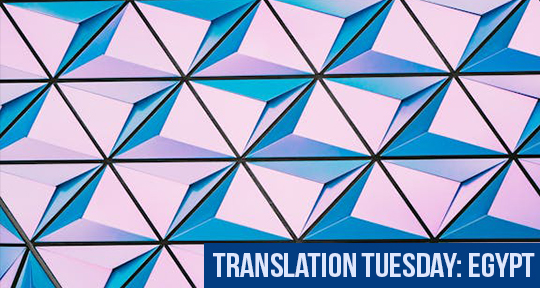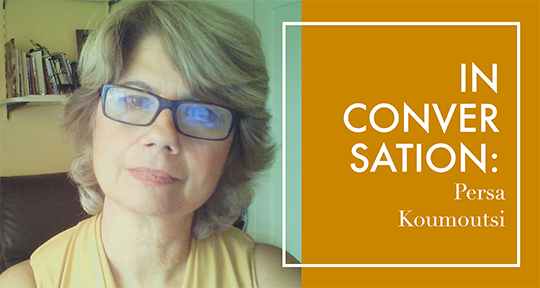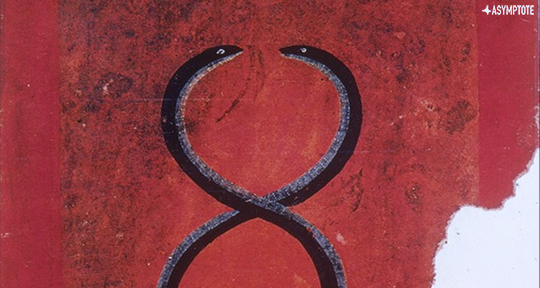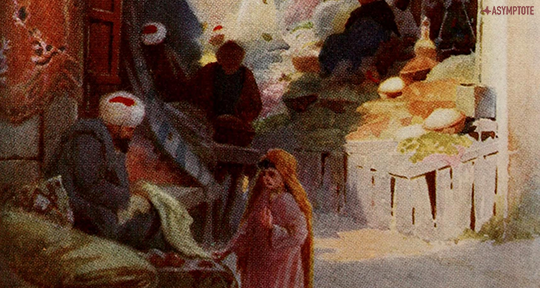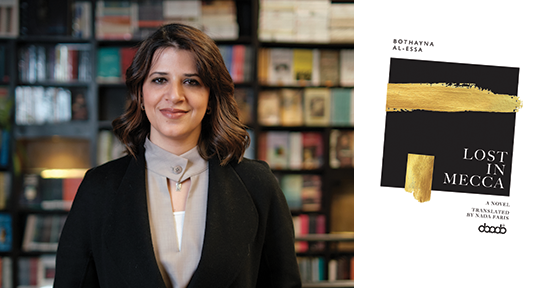In a repressive regime, freedom of speech is one of the first casualties. But what happens when we simply can’t help ourselves? This Kafkaesque short story, by Egyptian writer Ahmad Al-Khamisi, follows an Egyptian academic, Dr. Fakhry, who speaks out and ends up facing unexpected charges. Rather than traditional imprisonment, he is thrust into something far more complex, and far more insidious—the “new system,” where those deemed criminal continue their daily lives without physical confinement, bound only by the knowledge of their status. As Dr. Fakhry struggles to comprehend his ambiguous position, he grows increasingly paranoid, scrutinizing strangers for signs of similar captivity. Translated from the Arabic by Huwaida Issa, this haunting tale reveals how systems of oppression don’t need physical barriers; the mere suggestion of surveillance can transform citizens into their own jailers.
Dr. Fakhry Al-Fayyoumi regarded anyone who spoke to him with deep suspicion, his gaze as wary as someone inspecting a dubious commodity. On rare occasions, he would cautiously venture to ask, in a low, polite voice: Are you, sir, a new system?
To which the other, in confusion, would respond: A new system? What do you mean?
Dr. Fakhry lowered his eyes with a faint, bitter smile, as if silently saying: “Leave this meanness behind,” and then murmured: “The current system.”
In most cases, he received the same response, tinged with surprise: What do you mean? I don’t understand!
Dr. Fakhry grew silent, focusing inward and folding into his perplexity, before he changed subtly the subject of the conversation.
The story of suspicion began six months ago when Dr. Fakhry was unexpectedly subpoenaed by the General Directorate of Investigation. This followed a tense university meeting, where in a moment of fervour, zeal pulled him aside and made a few remarks that crossed well beyond the bounds of what was acceptable. He deeply regretted it afterward. His wife said to him: “You, Fakhry, you’re a renowned professor with your books and research. Why do you concern yourself with the talk of the young?” He responded: “You’re right.” On the appointed day of his subpoena, he arrived at the Interior Office building on time, where a polite and kind officer greeted him and escorted him to a small room. In an apologetic tone, the officer said: “Dr.…I’m very sorry…We’re obliged to arrest you!”
READ MORE…

